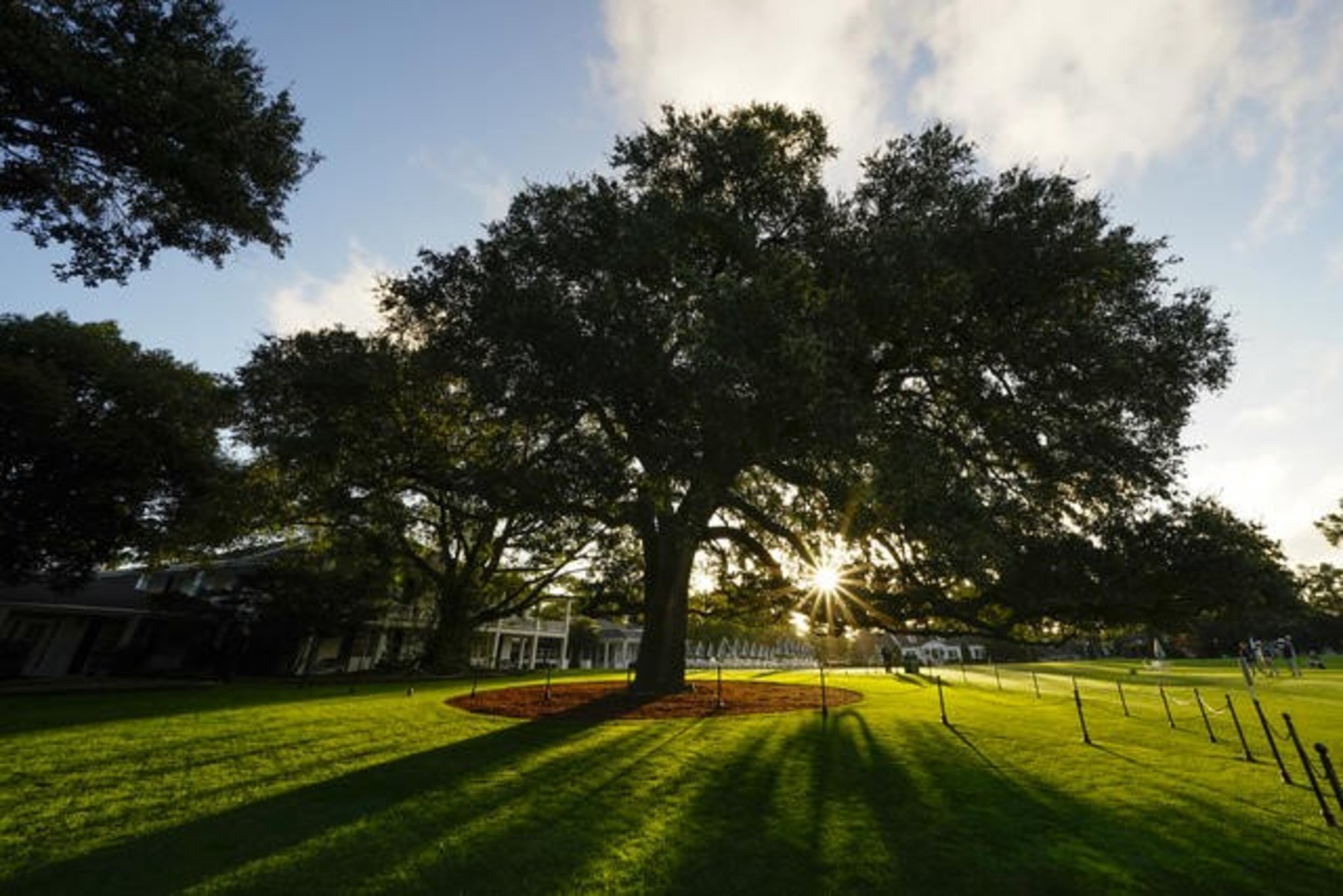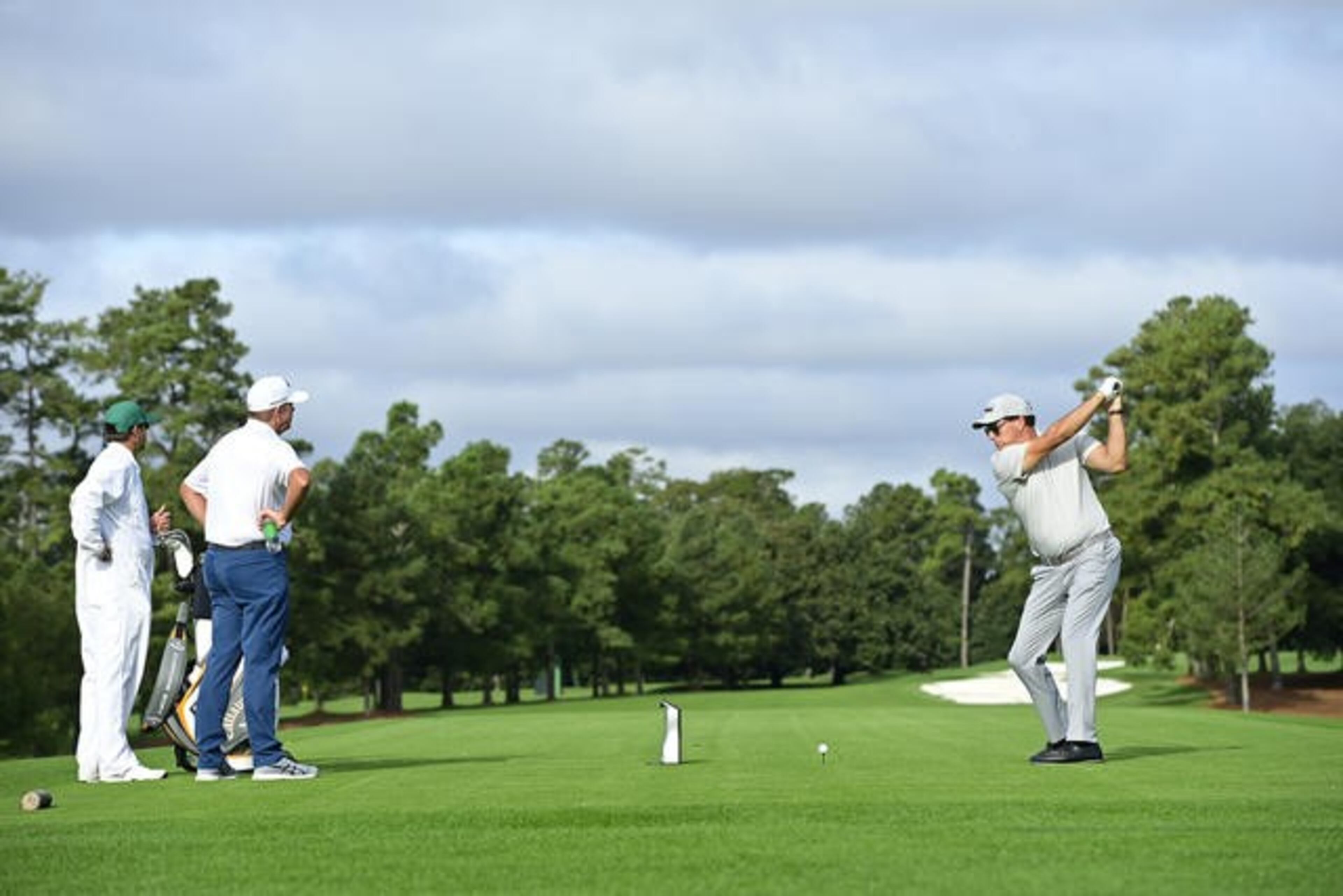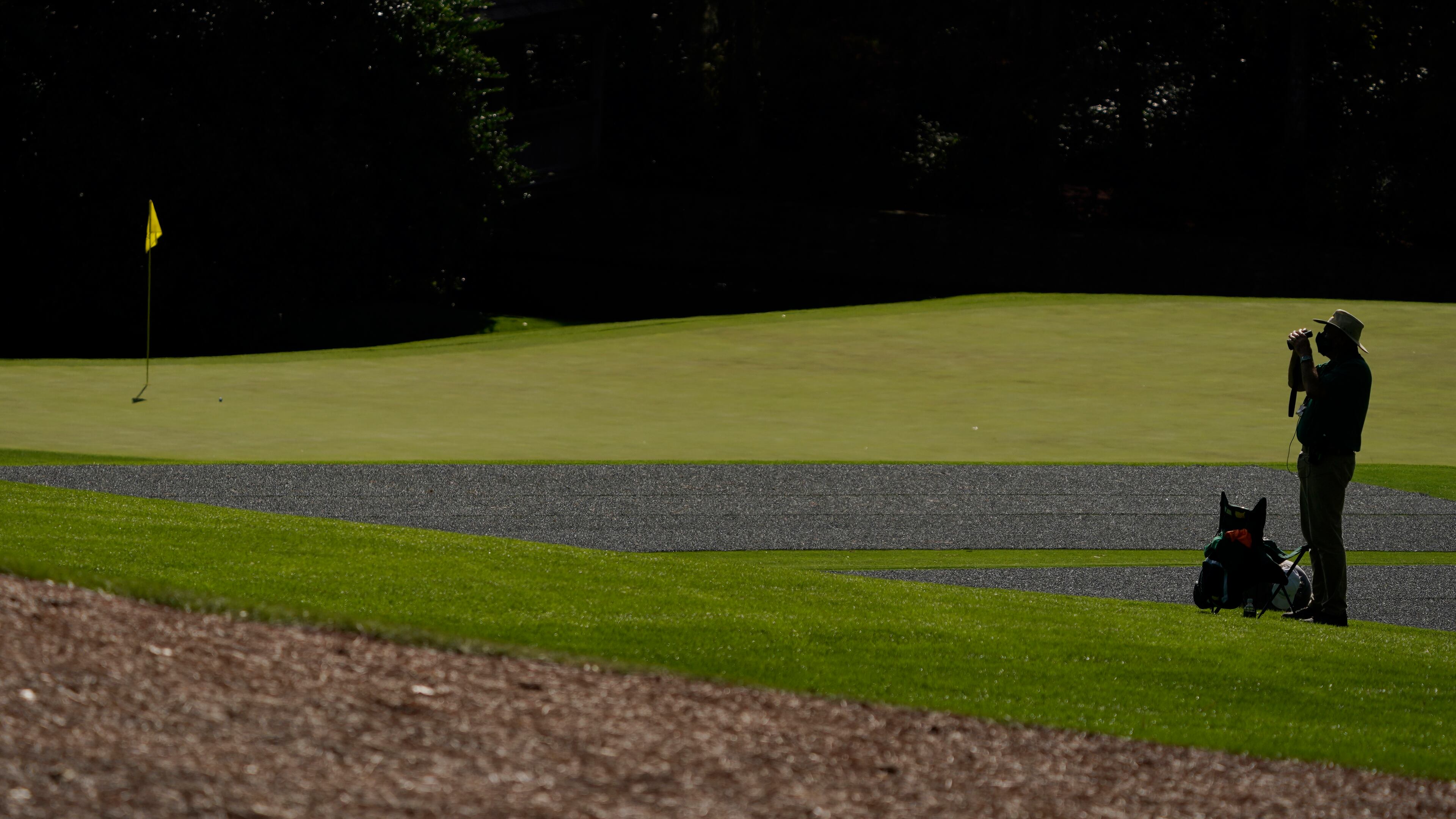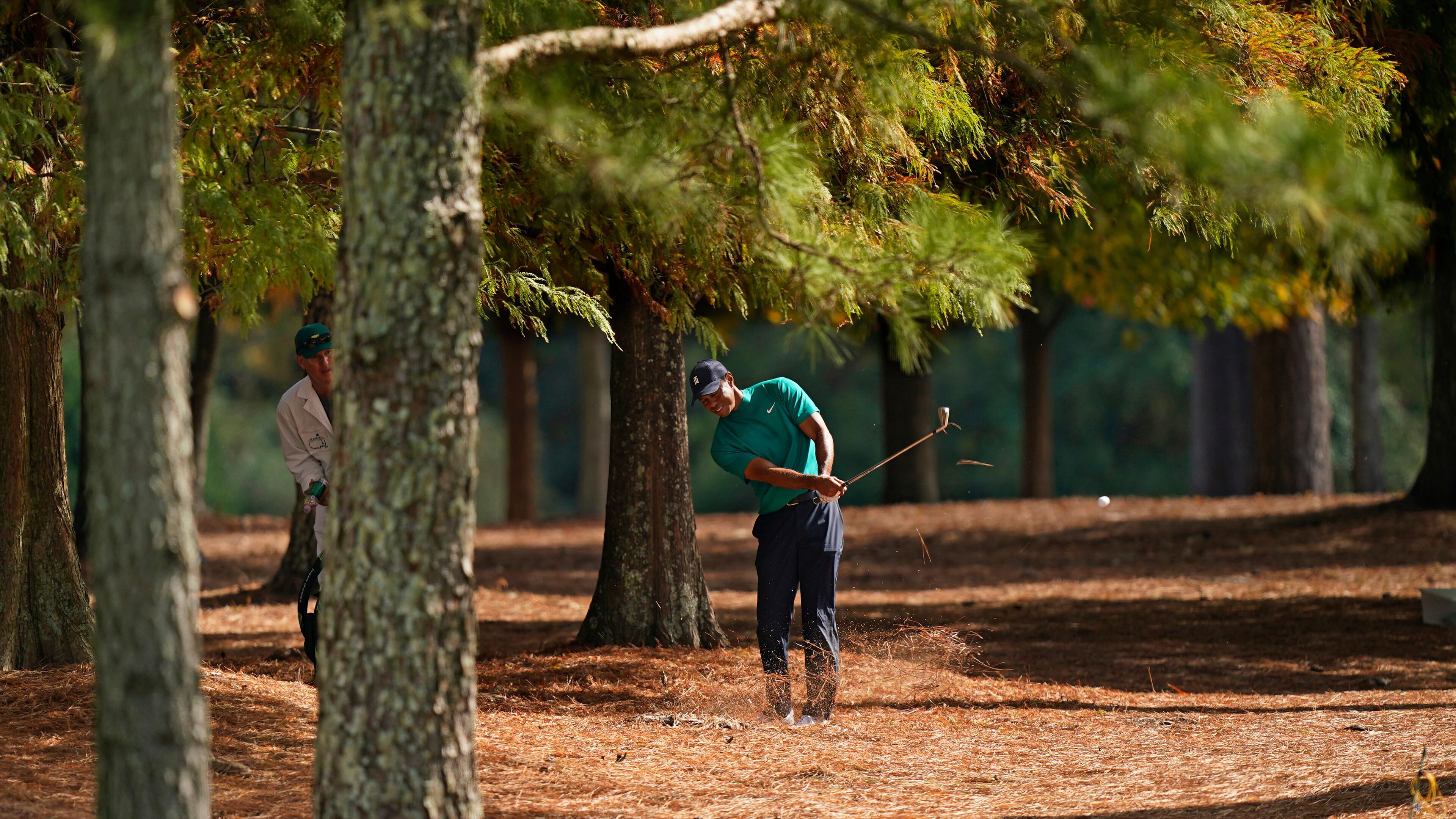A walk through the most quiet Masters Monday ever






























AUGUSTA — Walking Augusta National on a Monday morning, the fall light slanting through the pines at a strange and soft and pleasing angle:
It is possible to report the course is suitably immaculate and every detail has seemingly been tended to with tweezers and pinking shears for this week’s Augusta National Member-Guest tournament.
Oh, it’s the Masters, you say? Impossible. There was nothing about the set-up around here Monday that suggested the grand, global event.
Certainly not the traffic on Washington Road, which during a Masters week would be creeping toward the acres of parking where neighborhoods used to be but was instead a speed limit cruise. The sidewalks were free of practice round ticket hustlers. The Hooters was just a Hooters, not a place where John Daly used to park his big and tall and color-blind mobile store.
And certainly not the course itself, this island of all the best green that money can buy plunked in the middle of a main street jumble of fast food signs and other assorted electric eyesores.
A stroll from the clubhouse down to the back nine revealed a look so foreign that even if a person had been to 30 Masters he’d swear he’d never visited this Augusta National before.
What strikes first is a disorienting lack of boundaries and landmarks. There are no gallery ropes defining the fairways, only subtle green stripes painted into the grass to mark where the very few spectators — players’ family, media, club members — dare not step beyond.
Where are all the people who every other year so politely line those ropes and create the human tunnel through which this tournament passes? Scattered, seeking shelter from the coronavirus.
Late Monday morning the glamor foursome of defending champion Tiger Woods, Bryson DeChambeau, Justin Thomas and Fred Couples teed off on No. 10 to play the back nine. Normally the entire course would have tilted their direction, practice round ticket-holders flocking to that tee box to get a gander. But Monday they might as well been any faceless foursome getting in a quick nine at the club during lunch before having to get back to the bank. They went off in a whisper.
Walking down that hole, it was possible to pass through grass almost high enough to be considered real rough. This place is famous for untroubling its competitors with long grass, but there were spots of the course off the fairway that look to have avoided a haircut during the pandemic. And there are not the usual thousands of feet to flatten the wispy rye grass.

At No. 12, the diabolical par 3 that crosses Rae’s Creek, the ground behind the tee box normally reserved for rows and rows of chairs was vacant grass. A somewhat bored young worker in his white jumpsuit looked for something to do. “Just picking up pinestraw, trying to be useful,” he said. Estimates are there will be no more than 700 people on the course at any one time this week, giving those who normally herd the gallery, and clean up after it, little work.
The stands that should rise at the other par 3 on the back, No. 16, are in storage somewhere. And the people who would perch there during practice rounds and demand players try to skip their tee balls over the pond fronting the green are all at home. There is no such pressure to have fun this week.
The flora report from this first fall Masters is a mixed bag. No great walls of azalea blossoms, that is the pity. But color is there to be found in the red of holly berries or the pink and white of just budding camellias.
Deciduousness is not a big deal at Augusta National, so fall has little effect on the wallpaper of the Masters. In a world in flux, at least pine trees are unchanging.
But the lone palm tree on the property, near the green at No. 4, is yellowing slightly.
So, this is what it’s like to be a member of the club, privileged to survey all this glorious green, contoured like the pleats of a velvet gown, uninterrupted. Augusta National is a fall and winter club for the membership, and now you completely understand why. There is a quiet magic to the place this time of year that we of modest means never get to witness.
For that reason, it feels a little wrong to be here in November, like we are somehow trespassing. Surely a phalanx of security guards will sweep through here at any moment and usher we few interlopers to the other side of the gates where we have spent every other autumn.
Yet, it would have felt so much more wrong to not have been here at all this year.


